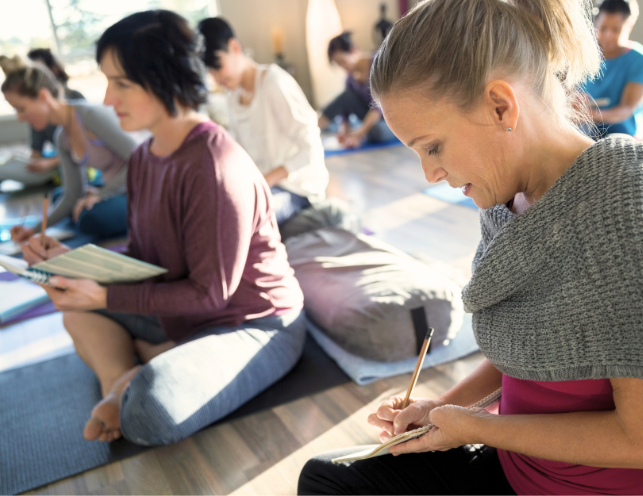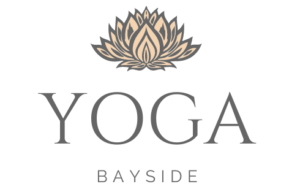40 HOUR RESTORATIVE YOGA TEACHER TRAINING
Yoga Bayside – Where Community Thrives
“We work very hard in our lives, and while we may sleep, we rarely take time to rest. Restorative yoga is about learning to relax deeply and completely, so we can access our natural healing potential.” – Judith Hanson Lasater
This quote captures the essence of Restorative Yoga, emphasising the importance of intentional rest and the profound benefits it offer.
At Yoga Bayside, we don’t just teach yoga; we nurture a community that celebrates diversity, empowers individuality, and fosters a deep sense of belonging. Our teacher training courses are a reflection of these values, ensuring that every aspiring yogi—regardless of age, gender, body type, or background—finds their place within our inclusive, nurturing space.













